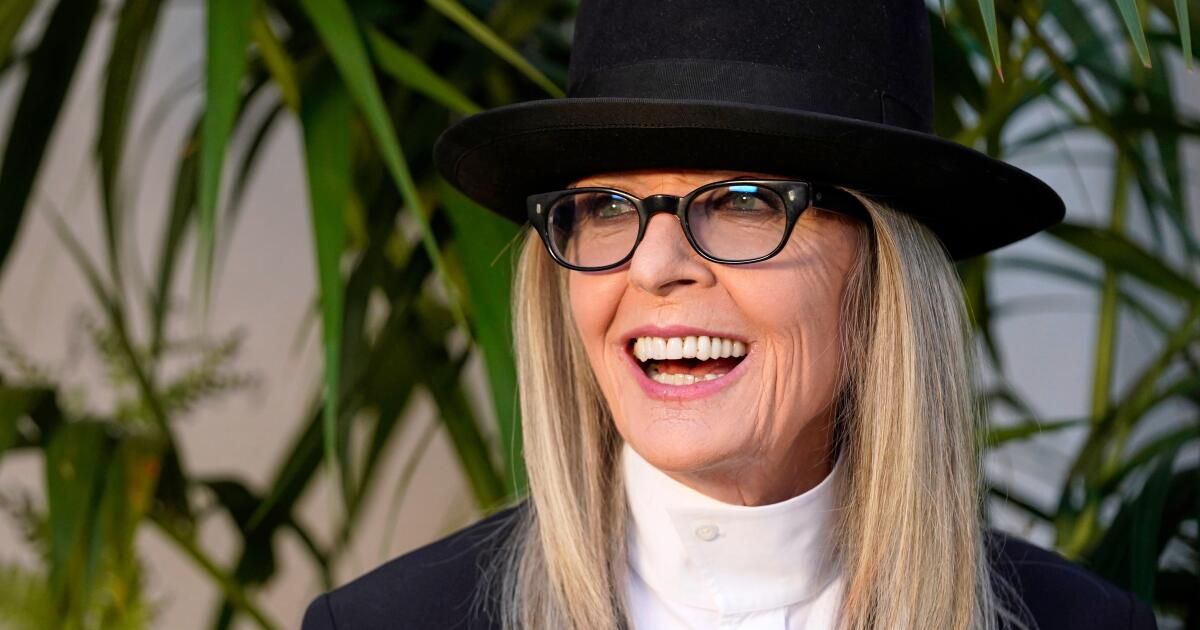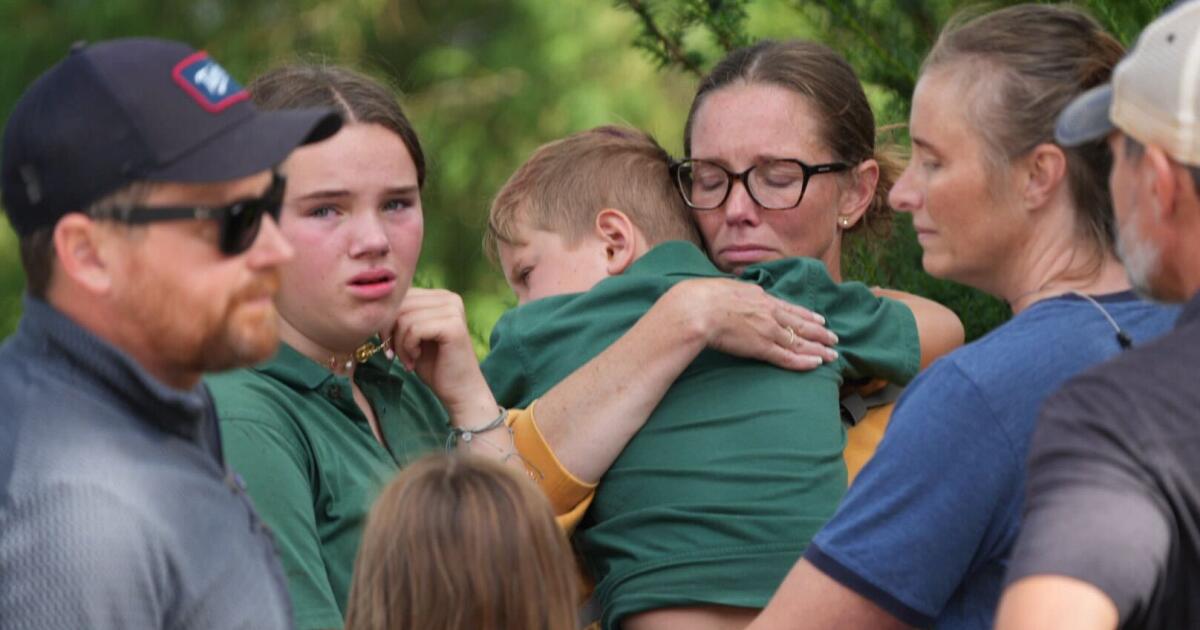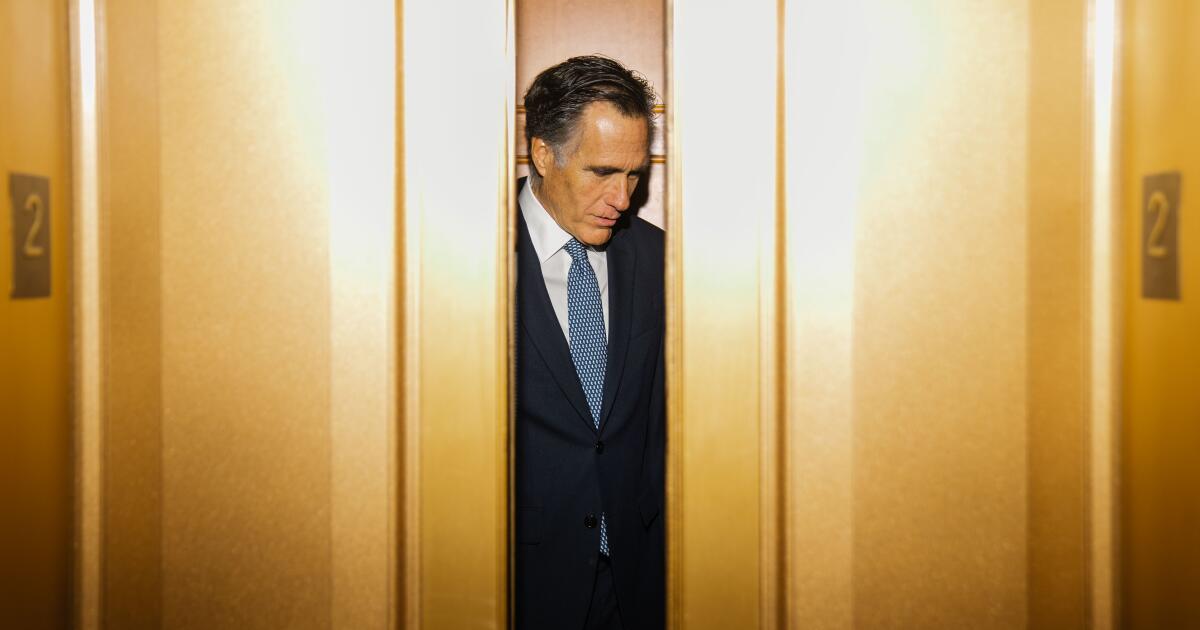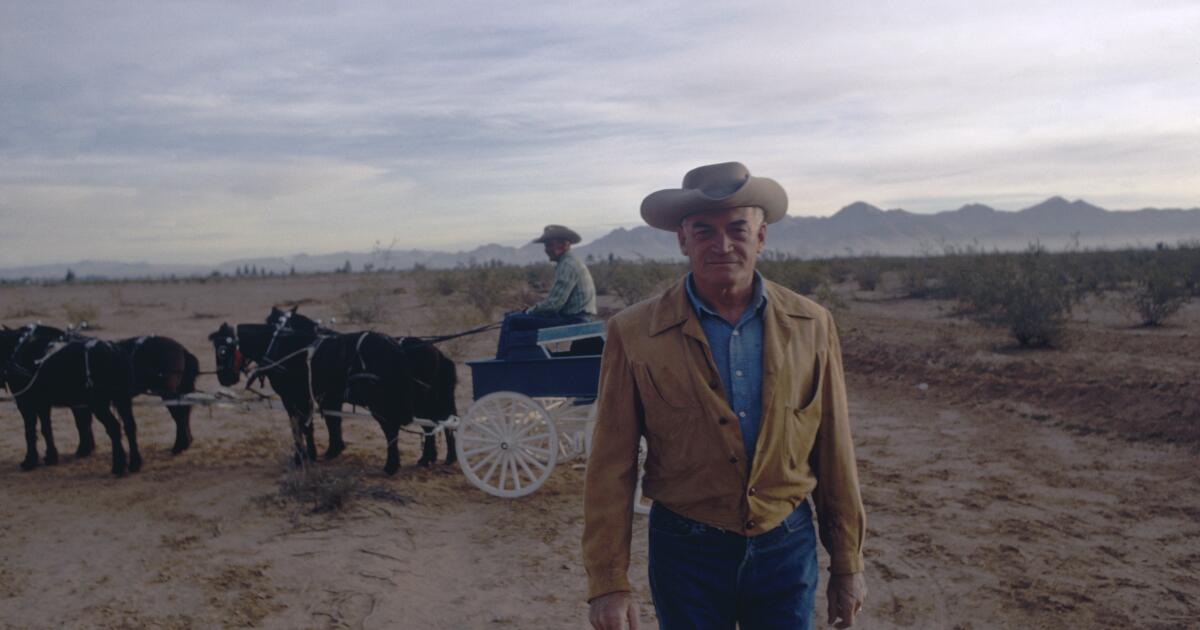to the editor: While most tributes to Diane Keaton after her death focus on her iconic roles and her Oscar-winning performance in “Annie Hall,” we're also mourning a woman who refused to disappear, a star who insisted that women's stories don't end after a certain age (“Diane Keaton, film legend, fashion trendsetter and defender of L.A.'s past, dies at 79”. October 11).
Keaton didn't just navigate Hollywood's derogatory treatment of older women; she subverted it. From “The Godfather” to “The Book Club,” her career charted the evolution of women both on and off the screen. When Keaton appeared as Kay Adams in “The Godfather” in 1972, she showed us what happens when a woman disappears into a man's world.
As a teenager, I recognized the warning. My mother, a traditional Chinese-American immigrant, wanted me to marry well and be a homemaker who suppressed my own needs. Kay represented the woman I feared: losing my voice and my identity.
Five years later, “Annie Hall” was a revelation. Keaton's Annie wore men's vests, sang off-key, and proved that authenticity was its own form of beauty. At 57 years old, she starred in “Something's Gotta Give,” proving that desire and reinvention do not expire with menopause. The film raised 265 million dollars worldwidewhich shows that audiences will flock to stories about older women. In 2018, at age 72, Keaton starred in “Book Club,” reminding us that women don't stop wanting adventure or connection as they age.
However, even as Keaton celebrated women's full arcs, Hollywood still treated them as expendable after 40. Keaton refused to hide her wrinkles. That refusal was power itself.
For five decades, Keaton showed us that our stories never end; they evolve. She taught us that becoming oneself is a lifelong act of recreation.
Yvonne Liu, Rancho Palos Verdes












